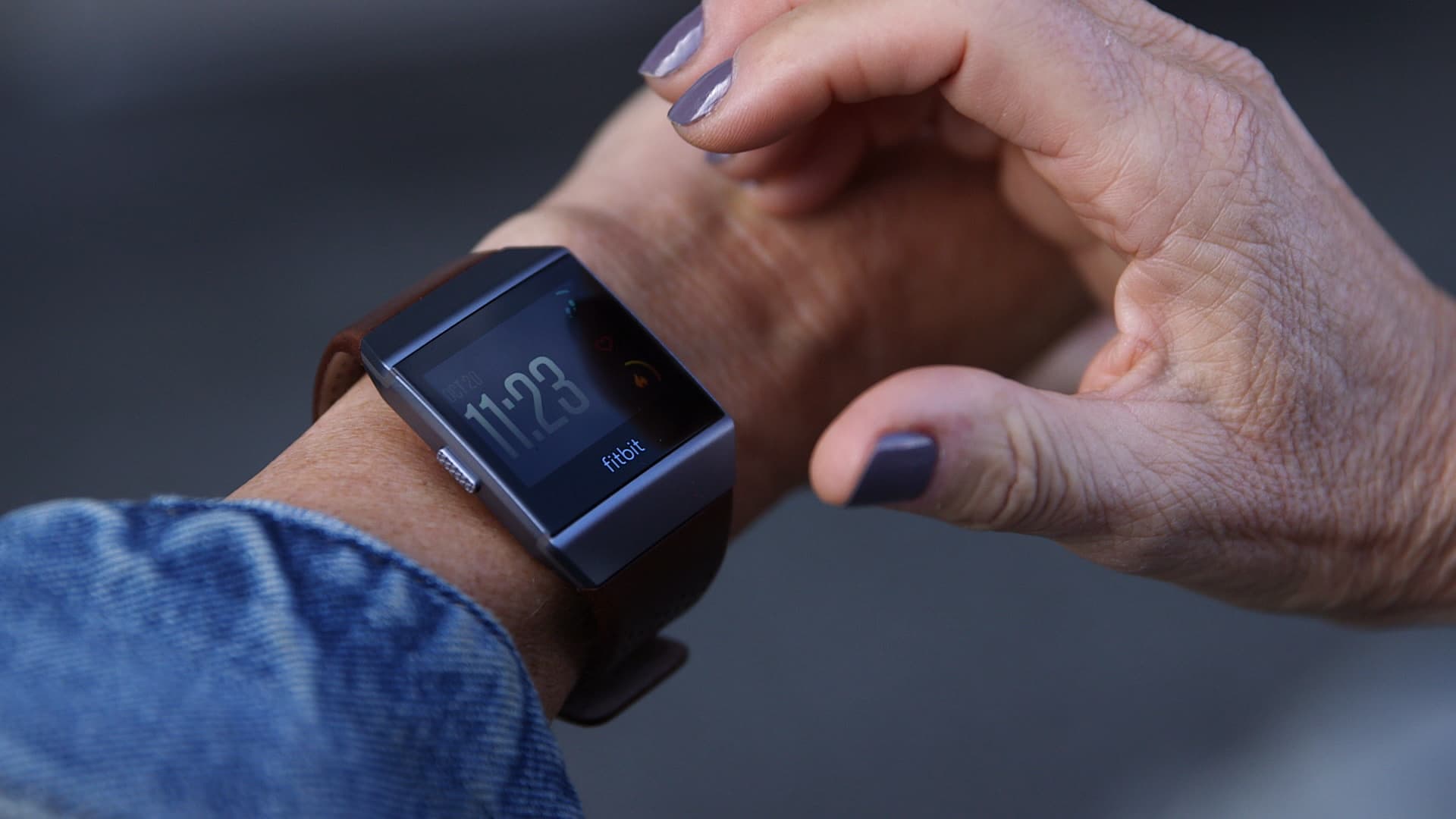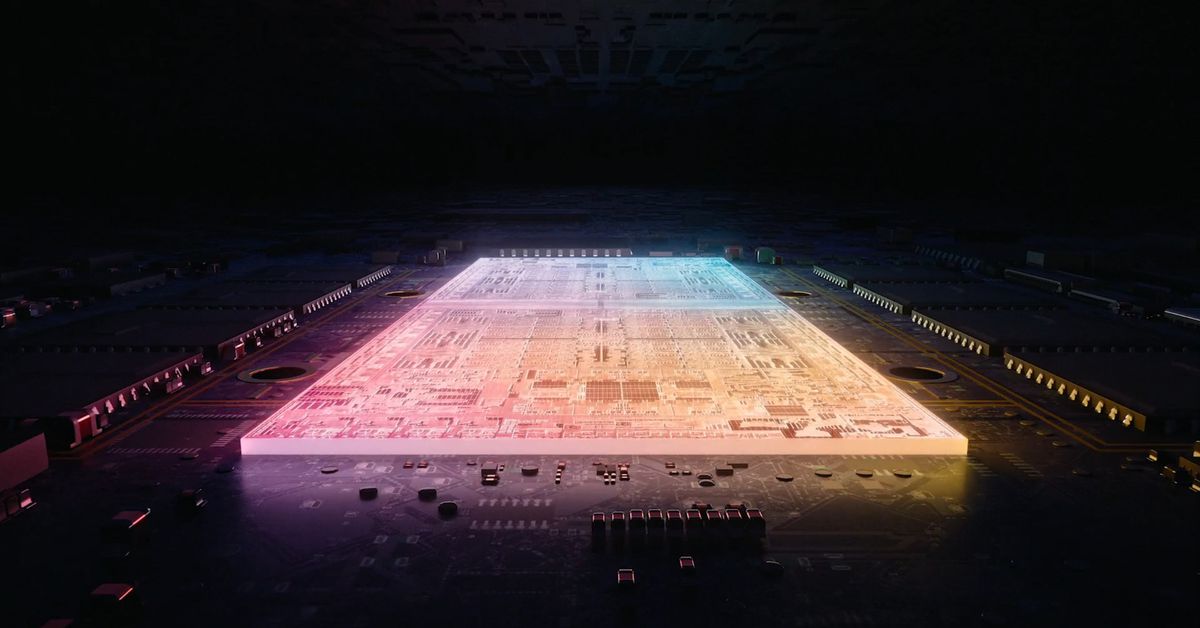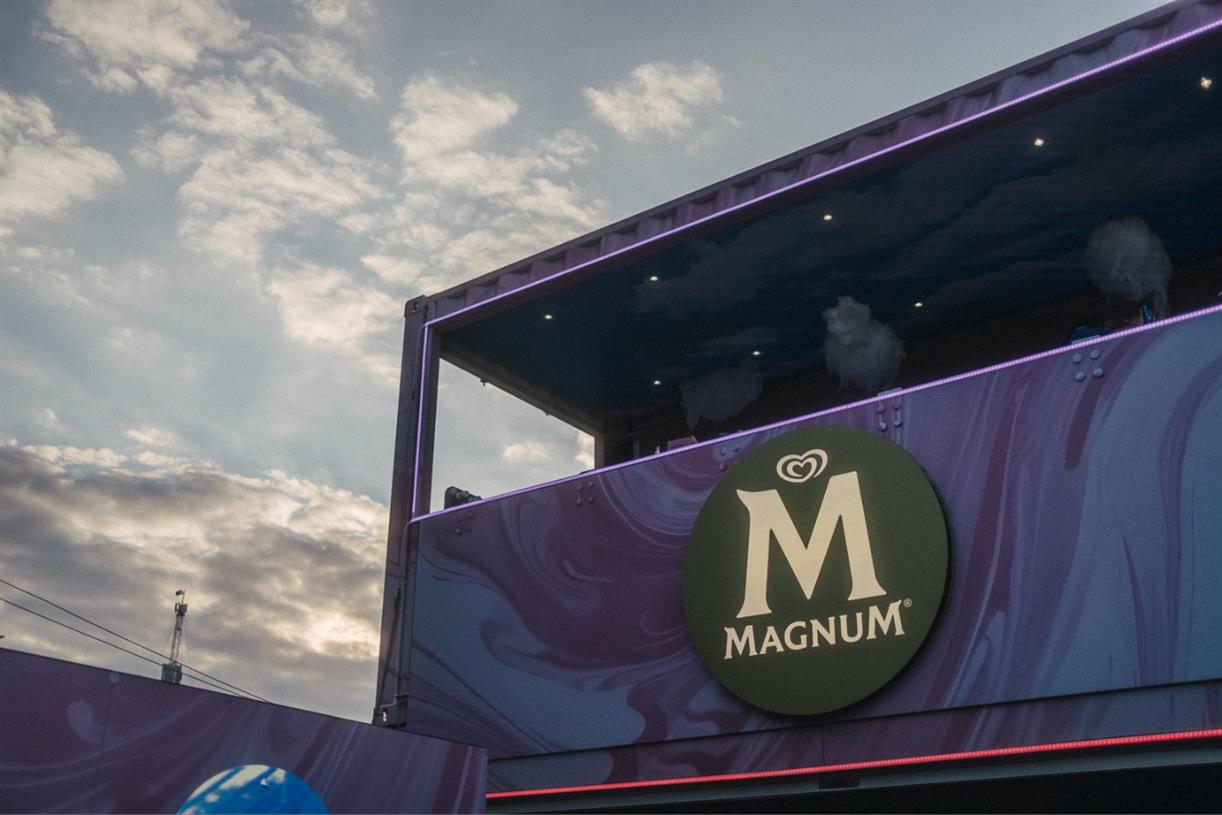Crestron puts the power of the sun in its smart home
Crestron is launching a line of connected in-ceiling LED light fixtures that can pair with a solar sensor. | Image: CrestronThe pro-install home automation company Crestron Home is adding circadian rhythm lighting to its high-end residential platform. This week...

The pro-install home automation company Crestron Home is adding circadian rhythm lighting to its high-end residential platform. This week the company announced its new full-color, tunable downlight LED light fixtures with circadian rhythm capabilities will be available in August. Smart lighting isn’t a new feature for home automation, but lighting that automatically adjusts throughout the day in tandem with the natural changes of the sun is taking it up a notch.
Circadian lighting is an option with some off-the-shelf smart lighting, such as Philips Hue light bulbs working with Apple HomeKit’s Adaptive Lighting. Crestron’s competitors in the pro-install space, including Savant and Control4, also offer various wellness-lighting-focused solutions. But, in general, the smart home has been slow to take up this excellent use-case for tunable smart lighting, which is often deployed in commercial spaces.
:no_upscale()/cdn.vox-cdn.com/uploads/chorus_asset/file/23262405/Crestron_Solar_Sync_Product_Image__1_.jpeg) An IP67-rated outdoor solar sensor, the Crestron Solar Sync can measure color temperatures from 2,000K to 25,000K.image: Crestron
An IP67-rated outdoor solar sensor, the Crestron Solar Sync can measure color temperatures from 2,000K to 25,000K.image: Crestron
This slow uptake is probably because circadian-driven lighting routines can be complicated to set up and implement. To help combat this, Crestron also announced the launch of the Crestron Solar Sync — an outdoor sensor that communicates the outside color temperature to the Crestron Home platform in real-time. This allows your indoor lighting to mimic the exact light outside in your garden with little to no set-up needed.
The company first developed the Solar Sync for “a retail customer who traditionally builds their stores with lots of glass,” says John Clancy of Crestron in an interview with The Verge. They’ve taken that tech and translated it into a residential setting. Users can pair Crestron’s new light fixtures with the Solar Sync for a set-it-and-forget-it implementation or set up more personalized lighting changes in Crestron’s app.
:no_upscale()/cdn.vox-cdn.com/uploads/chorus_asset/file/23262403/Crestron_LED_Light_Fixture_Finishes.png) Crestron’s new LED lights come in adjustable, wall wash, fixed frame, and pinhole fixtures, with square or round trims. Image: Crestron
Crestron’s new LED lights come in adjustable, wall wash, fixed frame, and pinhole fixtures, with square or round trims. Image: Crestron
Scientific research has shown that the human body reacts to lighting changes, and matching the lighting in your home to the sun’s natural shades can make you feel happier and healthier. The right lighting can improve productivity during the day, ease you awake gently in the morning, and aid you in winding down as the sun sets.
Crestron’s new fixtures provide full-color, tunable light — giving users the control of hue, saturation, color temperature, and intensity of light, as well as circadian synchronization options. But they aren’t smart bulbs you can retrofit, and they aren’t cheap. The in-ceiling downlights — which will be available in adjustable, fixed, wall wash, and pinhole options — are designed for new construction or remodels and will cost approximately $900 per fixture, according to Clancy.
:no_upscale()/cdn.vox-cdn.com/uploads/chorus_asset/file/23262406/Crestron_LED_iPhone_GUI__1_.jpg) Crestron’s circadian lighting system can be controlled with the Crestron Home platform’s app.
Crestron’s circadian lighting system can be controlled with the Crestron Home platform’s app.
The company also announced it’s partnering with third-party fixture manufacturers to create other lighting options, such as linear, chandelier, and sconce-style fixtures with native Crestron Home integration. “[This is] a huge step forward in the architecture of intelligent and appealing LED light fixtures...,” explains Clancy. “Installers, designers, and homeowners will all be able to get what they want with flexible, reliable, and simple to deploy lighting solutions.”
The light fixtures can also be paired with smart shades, including Crestron’s new battery-powered shades, to incorporate actual sunlight into circadian rhythm lighting scenes. And while circadian-synced lighting may be ideal for your body clock, it’s not always the best for task lighting. So, Crestron has added the capability to switch between circadian settings and other scenes, with the system automatically reverting the lighting to the point it should be when it goes back to circadian settings, not where it left off.

 BigThink
BigThink 
































